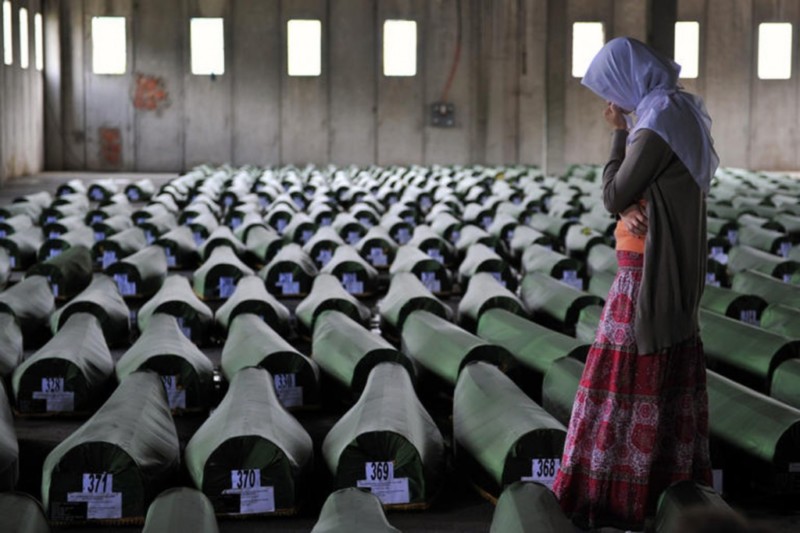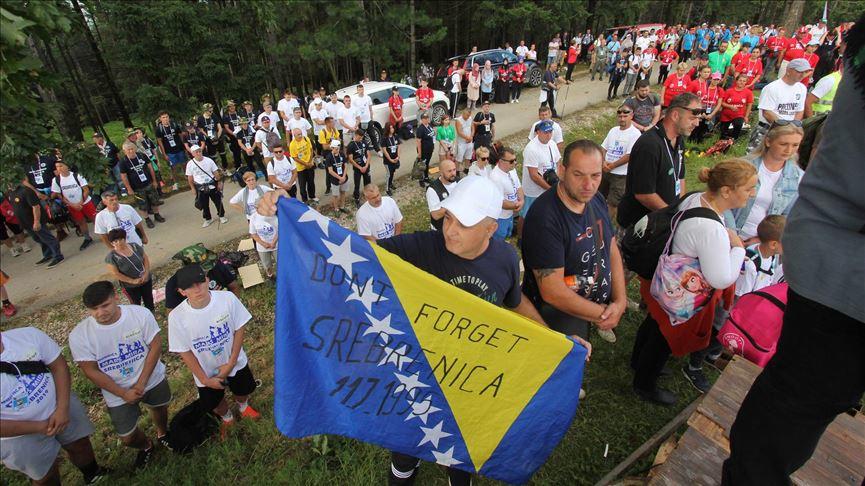Azerbaijan had the huge importance not just for USSR, but Nazi Germany.
It is not certain that without contributions of Azerbaijan USSR might have been lost the war, but it is precise that the result wouldn’t be same if there was not support of it.
Of the estimated 700,000 Azerbaijanis who were recruited into the Soviet Army, 400,000 never returned home. Their graves are spread all over Europe from the Volga River to Berlin. Others died of starvation, particularly in rural districts, or they became victims of Stalin's cruel exiles. And yet, these figures are mere estimates. There are no precise statistics tracing the paths of the millions of people who were mobilized, evacuated, and dispatched to different areas within the Soviet Union. If we take into consideration the hundreds of thousands of Soviet citizens who made Azerbaijan their second homeland between 1941 and 1945, the casualty list would even be larger.
On the eve of what came to be known as "The Great Patriotic War," Baku was the cradle of the Soviet oil industry, and as such, the major supplier of oil and oil products. In 1940, for example, 22.2 million tons of oil were extracted from Baku which comprised nearly 72% of all the oil extracted in the entire USSR. Consequently, the war could barely have been won had it not been for Baku oil and the fine quality of fuel that this city continuously supplied to the war front between 1941-45.
During that first year of the war, Azerbaijan produced 25.4 million tons of oil-a record for the entire history of its oil industry. Never before nor ever afterwards would Baku ever extract so much oil. By the Decree of the Supreme Soviet of the USSR in February, 1942, the commitment of more than 500 workers and employees of the oil industry of Azerbaijan was awarded orders and medals of the USSR.
By the end of 1941, thousands of Azeris had joined the so-called People's Voluntary Corps. Mobilization affected all spheres of life, particularly the oil industries. A week after fighting began, the oil workers themselves took the initiative to extend their work to 12-hour shifts, with no days off, no holidays, and no vacations until the end of the war.
By the end of the year, so many engineers and oil workers had left for the war front that positions had to be filled by women. By the summer of 1942, more than 25,000 women or 33% of all the workers were working 18 hour shifts in the oil industries. At refineries and chemical plants, the percentage of women was even higher estimated 38%. By 1944, women's participation had grown to 60%. Veterans and retirees also returned to the oil fields to help as much as they could.
Women's participation in factories, industrial plants and mills grew, too, as did work on agricultural projects. When the men left, it was the women who became machine operators and tractor drivers, replacing their fathers, husbands and brothers. Though the traditional role for women in rural families had always been confined to the home, the women worked hard in the fields to supply the front with cotton, corn, wool, tobacco, tea and many other crops. By 1942, for example, Azerbaijan became the second largest tea producer of the Soviet Army.
Azerbaijanis made an incredible contribution to medical field during the war. An estimated 440,000 soldiers were treated in Baku hospitals between 1941-45.
According to a report submitted on February 22, 1940, by General Gamelen to French Prime Minister Daladye, since Baku provided 75% of all oil requirements of the USSR, he believed the Soviets would fall into crisis if those sources were lost.
"Dependence on oil supplies from the Caucasus is the fundamental weakness of Russian economy. The Armed Forces were totally dependent on this source also for their motorized agriculture. More than 90% of oil extraction and 80% of refinement was located in the Caucasus (primarily Baku). Therefore, interruption of oil supplies on any large scale would have far-reaching consequences and could even result in the collapse of all the military, industrial and agricultural systems of Russia."
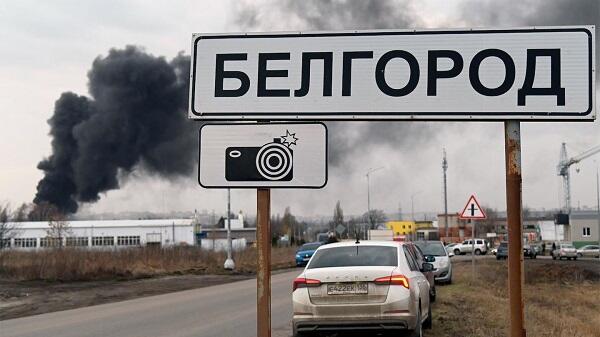

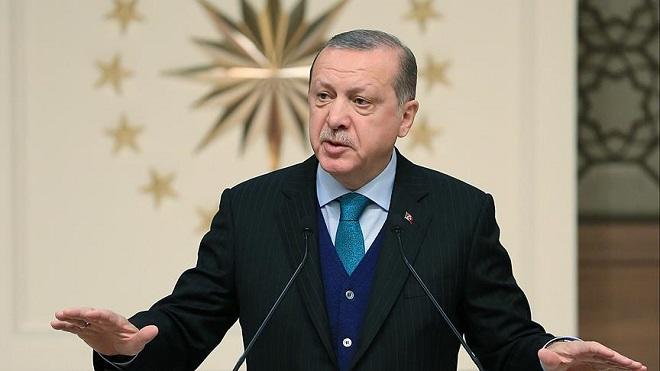
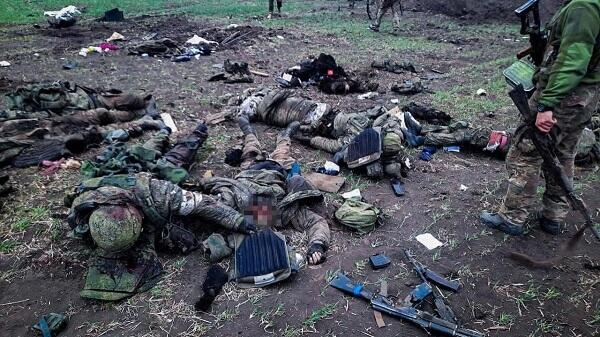
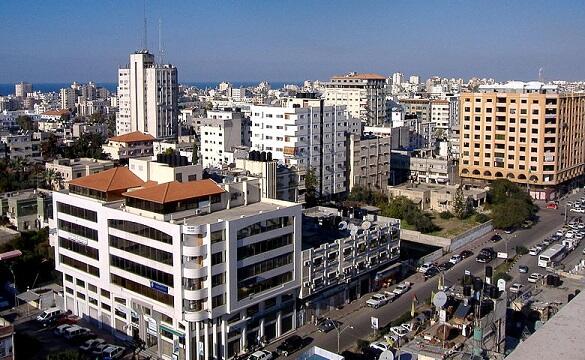


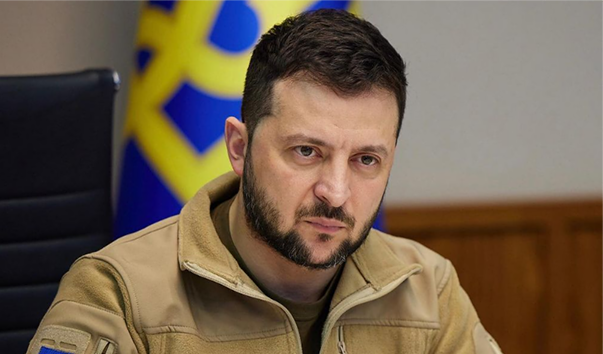


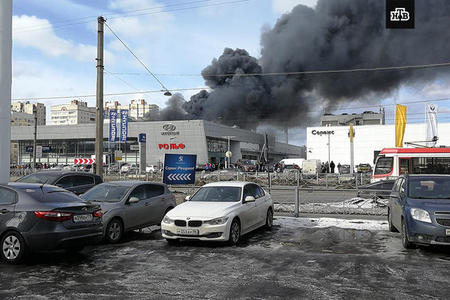
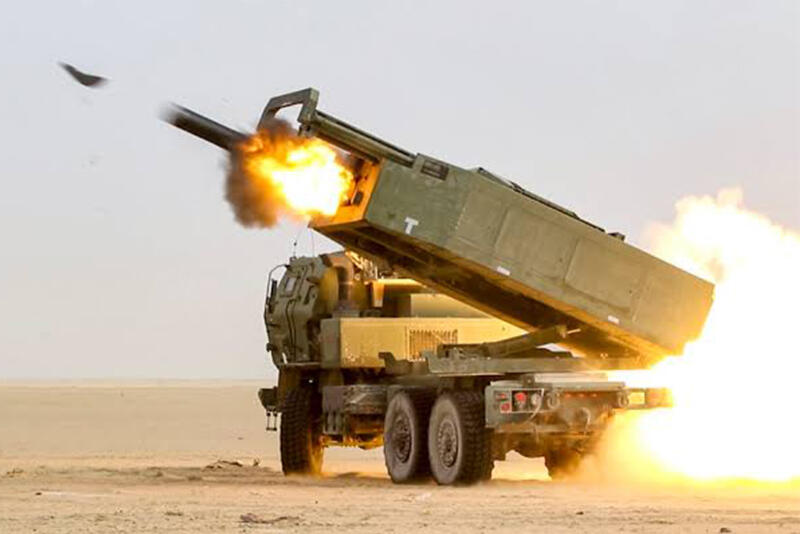

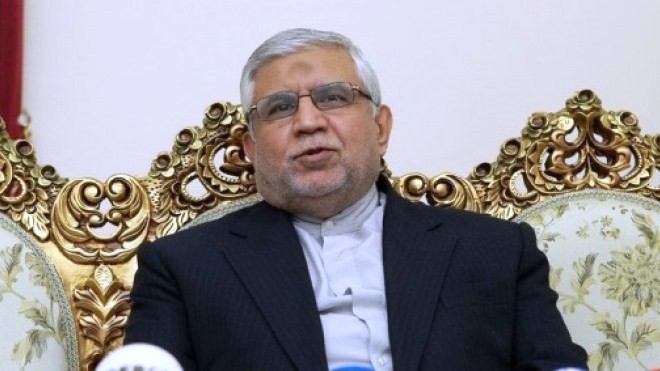


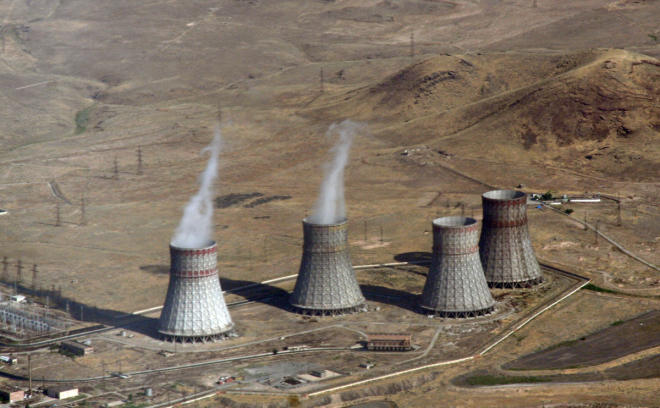


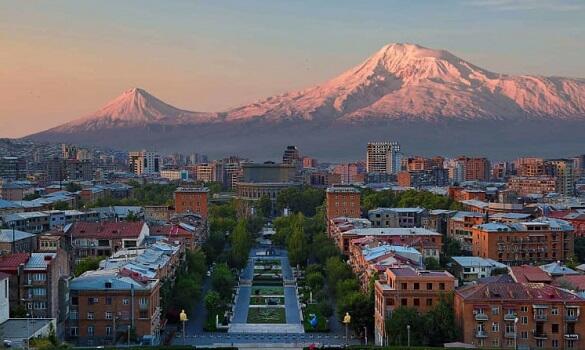






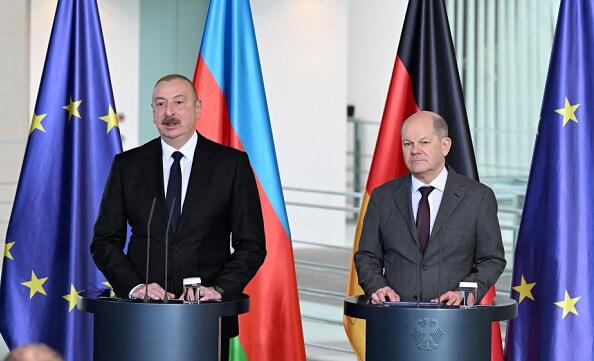
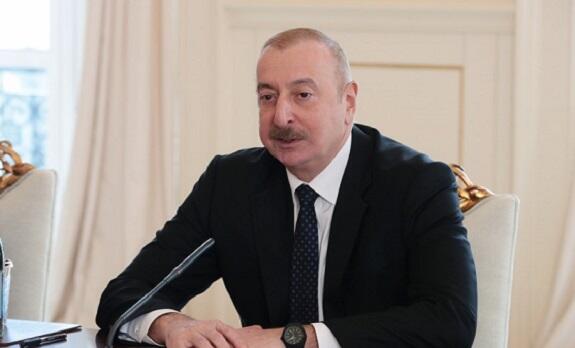
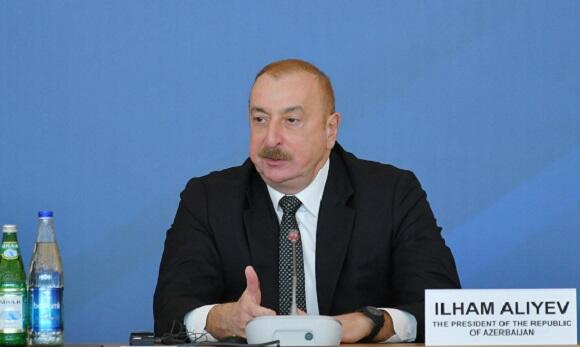










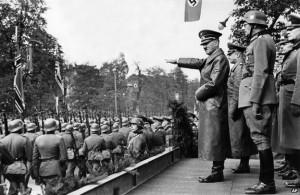





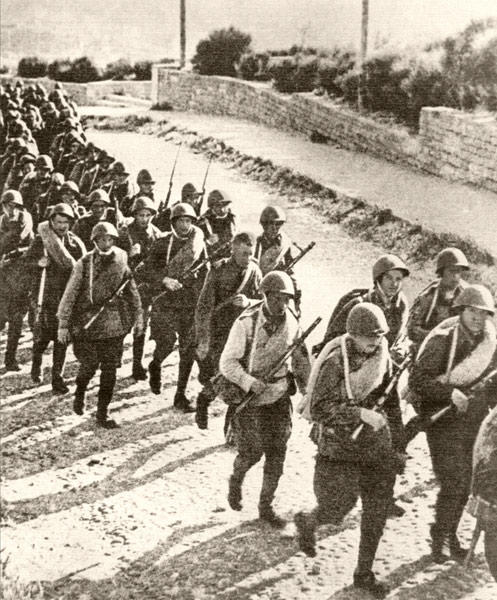
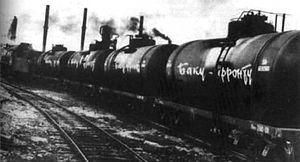
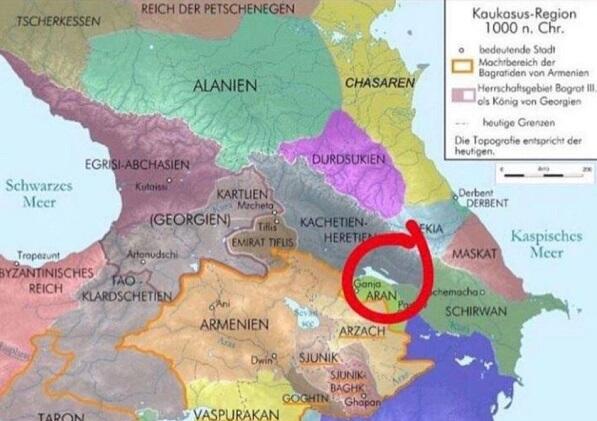

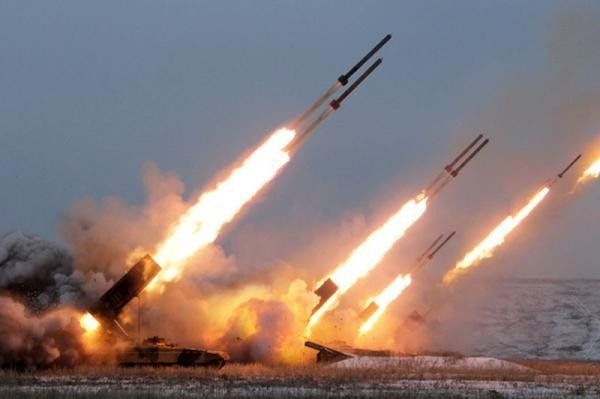
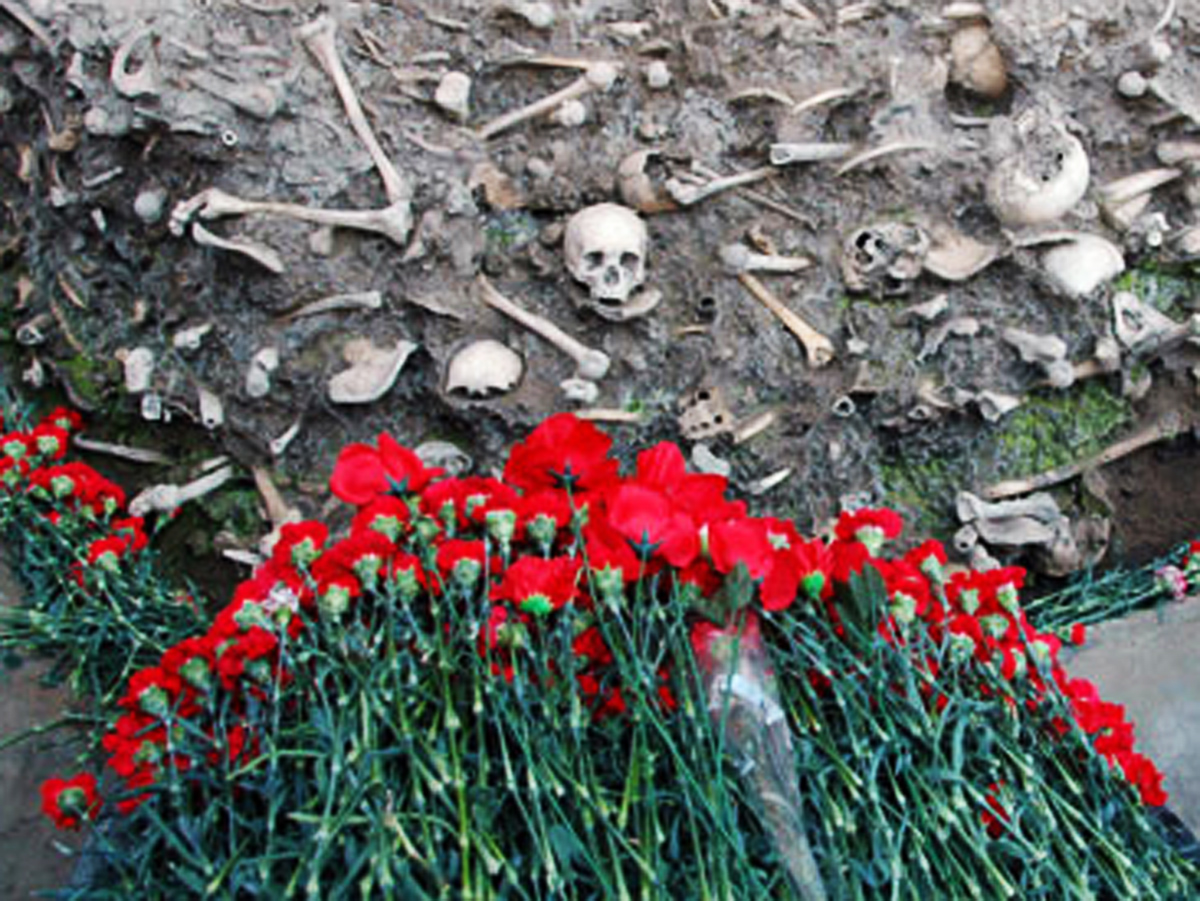
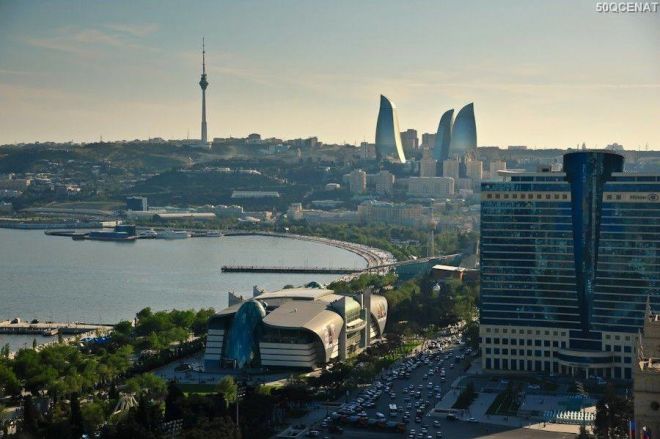
.jpg)

